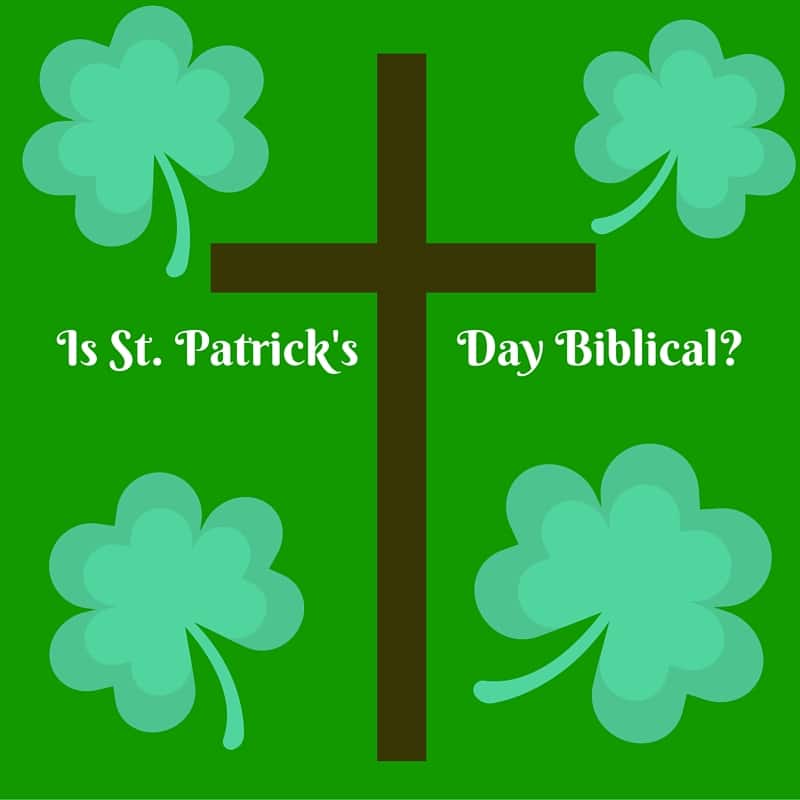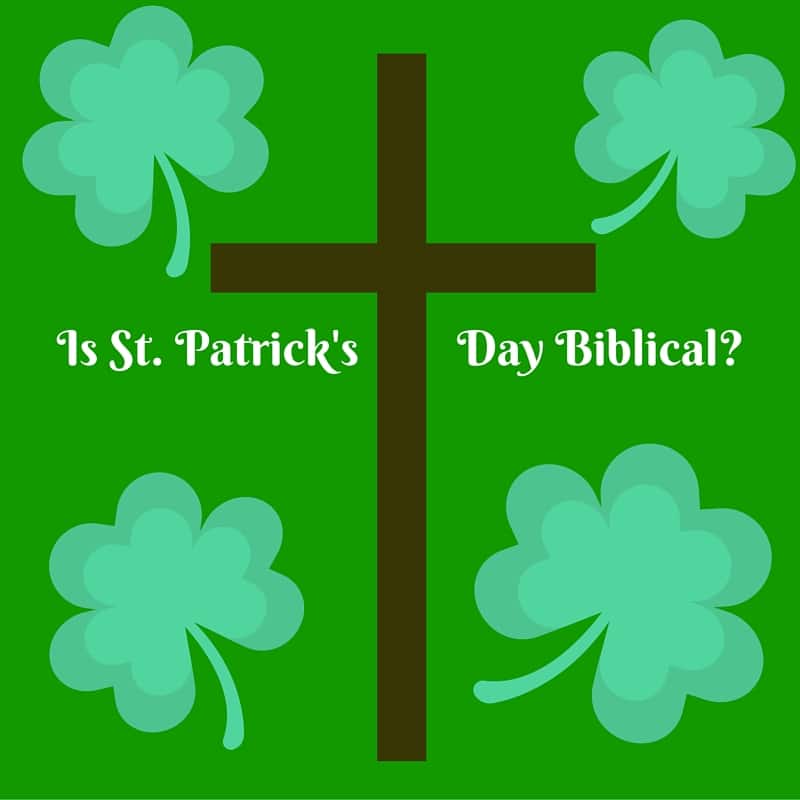
Is celebrating Saint Patrick’s Day biblical?
Megan Conley, Lifestyle Editor
Graphic by Devan Trout
On March 17, people across the world will dust off their shamrock socks and mix all colors of green in remembrance of one man from centuries ago: St. Patrick.
Although the celebration is in remembrance of a saint, the day has become more than that, as parades and dying rivers green have become a commonality.
The question arises for Christians, is it biblical to celebrate this secular holiday? But rarely do those who wear the shade of green to avoid a pinch think about the origins of the celebrations.
According to History.com, St. Patrick was brought to Ireland at age 16 as a slave, although he eventually escaped.
During the saint�s time in captivity, it is said that he spent most of his time praying to God. He claimed to receive visions during this time telling him to leave where he was and to board a ship.
The saint became a clergyman in the church and then returned to Ireland as a missionary.
It is this work he did in Ireland that St. Patrick’s Day is in remembrance of. But has this day become more than just celebrating the work of a saint?
Curtis Horn, Professor of Christian Studies, gives a Christian insight into the celebration of this holiday.
“Certainly, to have a particular day to commemorate [St. Patrick’s] life and work is not in itself bad,” said Horn. “If a family or church with Irish roots wanted to have a special day where children read and learn about St. Patrick and his devotion to the gospel, that would seem to be a good thing.”
When it comes to the question of if Christians should partake in the festivities surrounding this holiday, it becomes an issue of the true meaning of the celebrations.
“But the modern celebration of St. Patrick’s Day has little to do with his life and work and is more a celebration of Irish heritage and culture, and is often accompanied by behavior which is quite the antithesis of the gospel for which St. Patrick worked,” said Horn.
If believers are going to celebrate the day, it is important that they use the opportunity to share the story of it’s origin, in hopes of sharing the Gospel.
“If special days like this result in people hearing the original stories of saints of history and appreciating our heritage, then that is a good thing,” said Horn.

